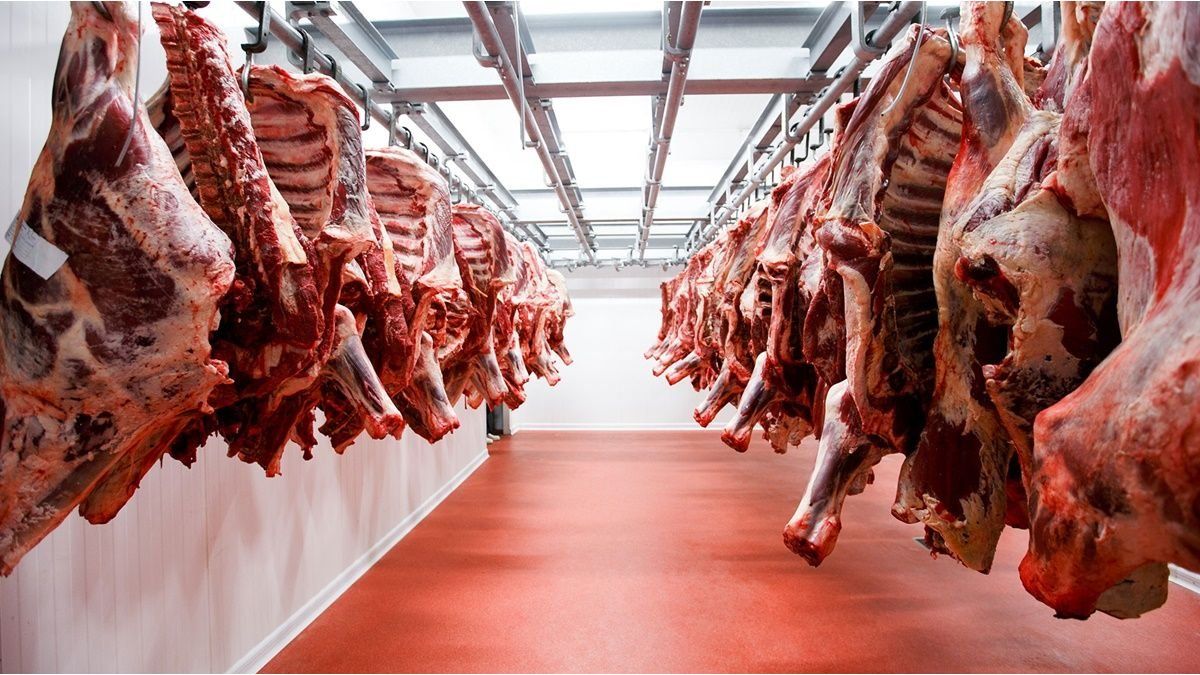Kevin Kühnert draws a line in the sand “because unfortunately I’m not healthy”. The SPD is losing one of its greatest talents in a strategically critical phase. Someone else should manage the election campaign.
A good year before the federal election, he can no longer do it: Kevin Kühnert is resigning as general secretary of the SPD for health reasons. Just hours later, his successor has already been chosen: the energy and climate politician Matthias Miersch. Like Kühnert, he is a left-wing party member – but someone else will probably be responsible for organizing the Social Democrats’ election campaign.
Kühnert announced his decision in a letter to party members and the public. In the election campaign, everyone in the SPD has to surpass themselves. But he has to admit to himself: “I can’t grow beyond myself at the moment because unfortunately I’m not healthy.”
The 35-year-old wrote that he needs the energy that is necessary for his office and an election campaign for the foreseeable future in order to get healthy. According to information from the German Press Agency, these are not physical problems, but mental ones. “That’s why I draw the conclusions,” explained Kühnert.
He will also not run for the Bundestag again. It is a blow for the SPD: it is losing its campaign manager in a strategically important phase – and for the time being one of its greatest political talents.
Klingbeil: “Politics isn’t everything”
Party leader Lars Klingbeil emphasized that the priority now was Kühnert and his health. The political business is demanding and exhausting. But: “Politics isn’t everything.” Party leader Saskia Esken asked that Kühnert be given space and time to recover. “There will always be a door open for him when he is ready and wants it,” she assured.
Chancellor Olaf Scholz (SPD) thanked Kühnert for a “very good and trusting cooperation”. The head of government wrote on Instagram: “Health is the most important thing. That’s why I wish you a speedy recovery and the time you need for it.”
Well-connected successor
The step obviously came as no surprise to the party. The party committees that met that evening agreed to the party leaders’ proposal: Miersch, one of the vice-chairmen of the Bundestag faction, should temporarily take over the post of general secretary. The Lower Saxon could then officially be elected at the party conference in the summer, at which the SPD also wants to choose its candidate for chancellor.
Miersch, who was born in Hanover, is an experienced politician and strategist. He has been sitting in the Bundestag since 2005 and is part of the leadership of the Parliamentary Left in the SPD. As parliamentary group vice-president, he is responsible for the environment, climate protection and energy policy – an issue area in which the SPD expects a tough election campaign battle with the CDU/CSU. Without a long start-up period, Miersch now has to stand up to their candidate for chancellor Friedrich Merz.
The 55-year-old is considered a staunch advocate of the energy transition, i.e. the gradual phase-out of fossil fuels. For example, he also played a leading role in negotiating the controversial heating law with the Greens and the FDP. Miersch recently declared that he wanted to run for the Bundestag again.
Klingbeil wants to help organize the election campaign
However, Lower Saxony is unlikely to take on all of the tasks of the outgoing Secretary General Kühnert – or at least not alone. There are indications that party leader Klingbeil is helping to organize the election campaign.
Because he was the head of the successful election campaign before the last federal election. “My firm belief is that you can organize success,” said Klingbeil. This suggests that he himself could take a more active role in strategic planning.
Turbulence in two of three traffic light partners
For the traffic light consisting of the SPD, Greens and FDP, the new appointment in the leadership of the Social Democrats could mean further turbulence. Because not only the SPD, but also the Greens have to find themselves anew after the entire board has withdrawn.
The outgoing Green Party leader Omid Nouripour wished Kühnert a full recovery on behalf of his party and thanked him for the “trusting cooperation” over the past three years. Unlike the Greens, Kühnert’s decision apparently had nothing to do with poor election results – even if he was criticized after the SPD’s defeat in the European elections.
From troublemaker to party leadership
Kühnert’s role in the SPD will not be easy to take on. The young Berliner has been General Secretary of the Social Democrats since 2021 and entered the Bundestag in the same year. Before that, he was considered the SPD’s top troublemaker for years. He was the face of the No-GroKo campaign in 2018 and, as Juso boss, wanted to prevent a government made up of the Union and the SPD. In the 2019 election for the SPD chairmanship, he supported the left-wing duo of Esken and her competitor Norbert Walter-Borjans – together they won. Kühnert was then elected party vice-president.
He has remained strong of opinion ever since. Kühnert recently appeared on numerous talk shows for the SPD, but expressed himself there more carefully and, it seems, swallowed a lot for the success of his party. “He made a decisive contribution to ensuring that there was stability in the SPD and he made a decisive contribution to the fact that our party has developed further in recent years,” emphasized Klingbeil.
Source: Stern
I have been working in the news industry for over 6 years, first as a reporter and now as an editor. I have covered politics extensively, and my work has appeared in major newspapers and online news outlets around the world. In addition to my writing, I also contribute regularly to 24 Hours World.




